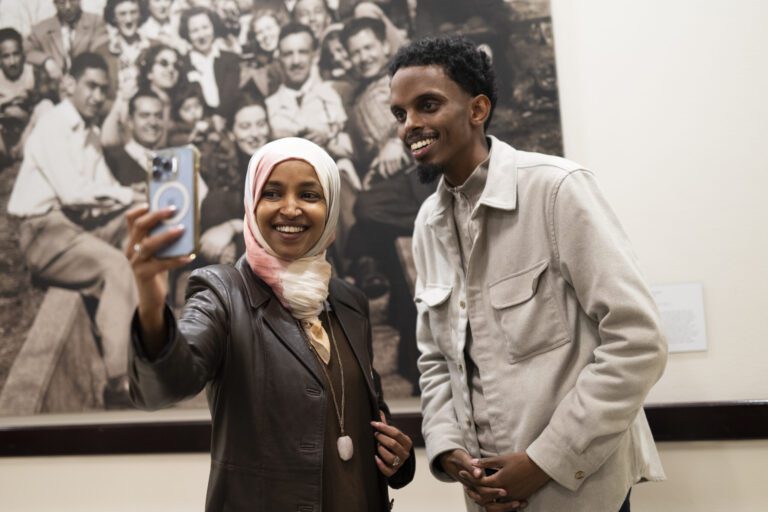Jacob Frey Secures Third Term as Minneapolis Mayor in Pivotal Election
Minneapolis’s incumbent mayor, Jacob Frey, has successfully retained his position after emerging victorious in the final round of ranked-choice voting on Wednesday. A two-term Democrat, Frey faced a strong challenge from Omar Fateh, a Democratic Socialist and Somali-American state senator, along with 13 other contenders in a highly contested race.
Election Highlights
-
Initial Vote Count: In the first-choice votes counted on Tuesday night, Frey led Fateh by nearly 10 percentage points. However, he fell short of the 50 percent threshold necessary for an outright victory under Minneapolis’s ranked-choice voting system.
- Final Outcome: After tallying first and second-choice votes, Frey garnered 50.03 percent of the total, while Fateh received 44.37 percent. The election saw a remarkable 55 percent voter turnout, a record for any Minneapolis city election.
Victories and Challenges
Frey’s re-election means he will embark on his third term amidst a political landscape that remains sharply divided. His tenure has been marked by disagreements with a progressive city council majority, particularly regarding law enforcement and budgetary matters.
Key Issues:
- Community Relations: Frey has resisted calls to abolish the Minneapolis Police Department and has vetoed a city budget that included a significant pay raise for rideshare drivers.
- George Floyd Square: The City Council successfully overrode Frey’s veto regarding plans for a pedestrian plaza at the site of George Floyd’s fatal arrest, which will serve as a memorial.
Omar Fateh’s Campaign: A Progressive Vision
Fateh’s loss represents a setback for Minneapolis’s politically engaged Somali community, numbering around 88,000 residents where many reside in the Twin Cities. His progressive platform aimed to:
- Raise income taxes on the wealthy for improved public services.
- Increase the minimum wage to $20 by 2028.
- Stabilize rental prices and reform law enforcement policies.
Fateh’s Strategy:
Despite losing, Fateh emphasized that his campaign has shifted the conversation around critical issues:
“They may have won this race, but we have changed the narrative about what kind of city Minneapolis can be. Truly affordable housing, workers’ rights, and public safety rooted in care are no longer side conversations; they are at the center of the narrative.”
Fateh partnered with fellow DFL candidates Dewayne Davis and Jazz Hampton to create a “slate for change” aimed at diminishing Frey’s hold on the office. However, both allies were eliminated in the first round of voting.
Future of Minneapolis Leadership
As Frey begins his new term, he faces challenges not only from a progressive city council but also from an energized electorate that is increasingly vocal about social justice issues. His Democratic leadership style has often been labeled as corporate-friendly, raising questions about the future direction of Minneapolis governance.
Summary of Election Results:
- Jacob Frey: 50.03%
- Omar Fateh: 44.37%
- Voter turnout: 55% (record high)
Conclusion
Jacob Frey’s victory reaffirms his position as a centrist leader in a city grappling with the complexities of progressive reform. This election not only underscores the continuing evolution of Minneapolis’s political landscape but also highlights the increasing activism and political participation among underrepresented communities.
For ongoing coverage of Minneapolis politics and its impact on community dynamics, please visit resources like Minnesota Public Radio and Star Tribune.


